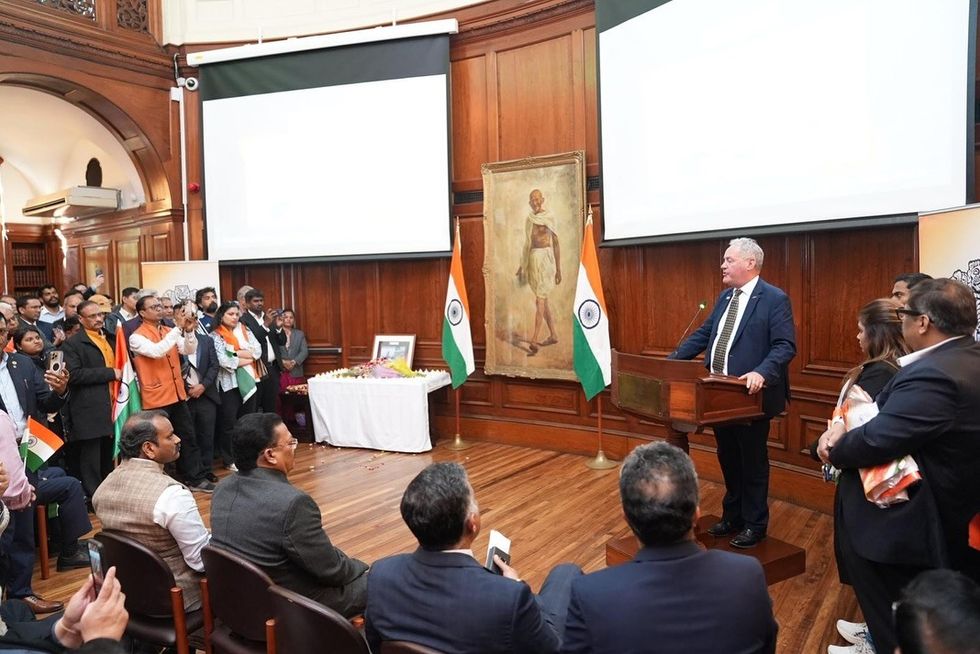A host of ill-defined laws has been used in Myanmar to exert control over independent journalism across the country, including in Kachin, Shan and Rakhine states, a UN human rights report on freedom of expression in the country has found.
The report states that it has become “impossible for journalists to do their job without fear or favour.”
While the conviction last week of two Reuters journalists, Kyaw Soe Oo and Thet Oo Maung, was a particularly outrageous and high-profile example of judicial harassment against the media in Myanmar, the report details a number of other examples of detentions and prosecutions of journalists and their sources indicative of wider trends of suppression of freedom of expression.
Laws on telecommunications, official secrets, unlawful associations, electronic transactions and even import-export and aircraft acts have been used against journalists in a number of cases over the years, the report states.
In one case, three journalists were among seven men arrested in June 2017 for covering an event to mark the International Day Against Drug Abuse and Illicit Trafficking in an area under the control of the Ta’ang National Liberation Army (TNLA) in northern Shan state.
Even though the journalists from The Democratic Voice of Burma and The Irrawady were covering a “drug burning” ceremony unrelated to the armed conflict, they were charged under the Unlawful Associations Act, which is “routinely used to allege that any contact with an ethnic armed group is tantamount to a criminal offence.”
“The fact that the three journalists were covering activities by TNLA that were unconnected to the conflict highlights the military’s sensitivity towards any independent reporting on ethnic armed groups or from non-government controlled territory, and illustrates how promptly the authorities consider that journalists have overstepped the boundary between what they consider as acceptable and impermissible reporting,” the report states. The charges were dropped after the men had spent 67 days in detention.
The report has examined three more cases in which the rights of the journalists were violated or suppressed by the authorities.
UN High Commissioner for Human Rights Michelle Bachelet said the report laid bare the perilous position of independent journalists in Myanmar.
“Where journalists are jailed for merely visiting an area controlled by an armed group, when their sources are jailed for providing information from conflict zones, and where a Facebook post can result in criminal defamation accusations – such an environment is hardly conducive to a democratic transition,” she said.
“I call on the authorities to cease the legal and judicial harassment of journalists and to initiate a review of ill-defined laws that facilitate attacks on the legitimate exercise of freedom of expression.”



















 Bob Blackman MP speaks during the event
Bob Blackman MP speaks during the event